| Friday, February 19, 2021 | |
Session 1: Starting the Continuum: Fast Track to Diagnostics with Semiconductors |
|
| 08:41 | Meet the Expert |
| 08:41 | Panel Discussion: Pandemic Preparedness in the Digital Era |
| 11:00 | Opening Remarks by Session Chair |
| 11:10 | Starting the Continuum: Fast Track to Diagnostics with Semiconductors |
Franz Laermer, Research Fellow (Senior Chief Expert), Robert Bosch GmbH Stuttgart, Corporate Sector Research & Advance Engineering Starting the Continuum: Fast Track to Diagnostics with Semiconductors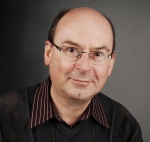
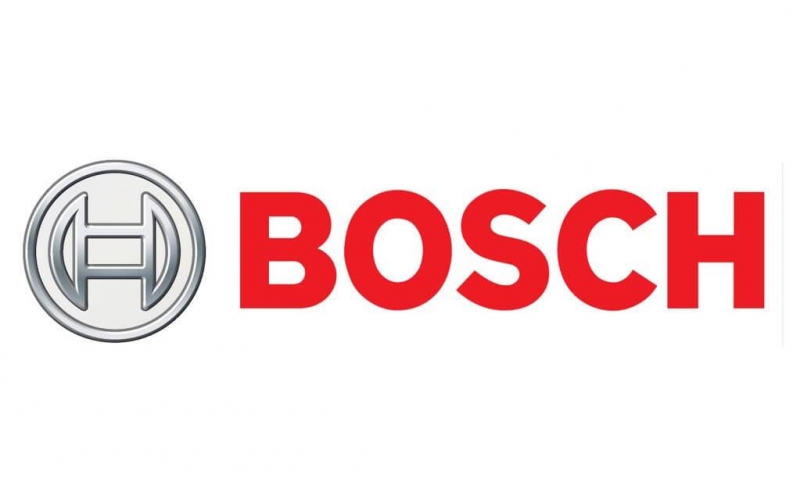 Abstract Biography |
|
| 11:30 | Microfluidics market and technology trends |
Sebastien Clerc, Technology & Market Analyst – Microfluidics, Sensing & Actuating, Yole Développement Microfluidics market and technology trends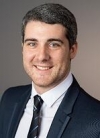
 Abstract Biography |
|
| 11:50 | Manufacturing Technologies for Next-Generation Microfluidics |
Bernd Dielacher, Business Development Manager, EV Group Manufacturing Technologies for Next-Generation Microfluidics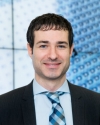
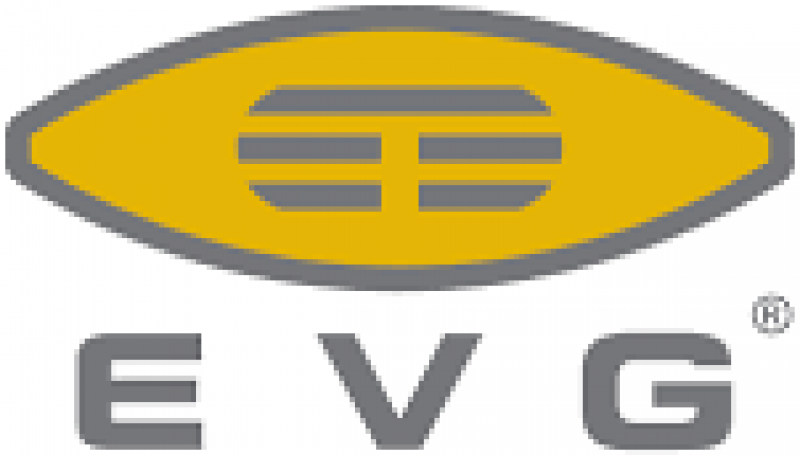 Abstract Biography |
|
| 12:10 | Early Diagnosis and Prevention of Pressure Induced Wounds (Ulcer) at Vulnerable Patients |
Lorenz Grünerbel, System Engineer, Fraunhofer EMFT Early Diagnosis and Prevention of Pressure Induced Wounds (Ulcer) at Vulnerable Patients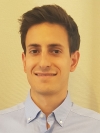
 Abstract Biography |
|
| 12:30 | Infineon Technologies to empower next-gen medical wearables |
Marcel Konstantinov, Manager Emerging Applications, Infineon Technologies AG Infineon Technologies to empower next-gen medical wearables
 Abstract Biography |
|
| 12:50 | How the COVID-19 Exposes the Flaws of Current HealthTesting - Hypermobility & Microfluidics for Health 4.0 Tools for new Medicine |
Ali Tinazli, Chief Commercial Officer, Fluxergy How the COVID-19 Exposes the Flaws of Current HealthTesting - Hypermobility & Microfluidics for Health 4.0 Tools for new Medicine
 Abstract Biography |
|
| 13:00 | From Sensing to Action |
Giuseppe Olivadoti, Director, Digital Healthcare Marketing and Applications, Analog Devices From Sensing to Action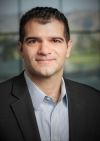
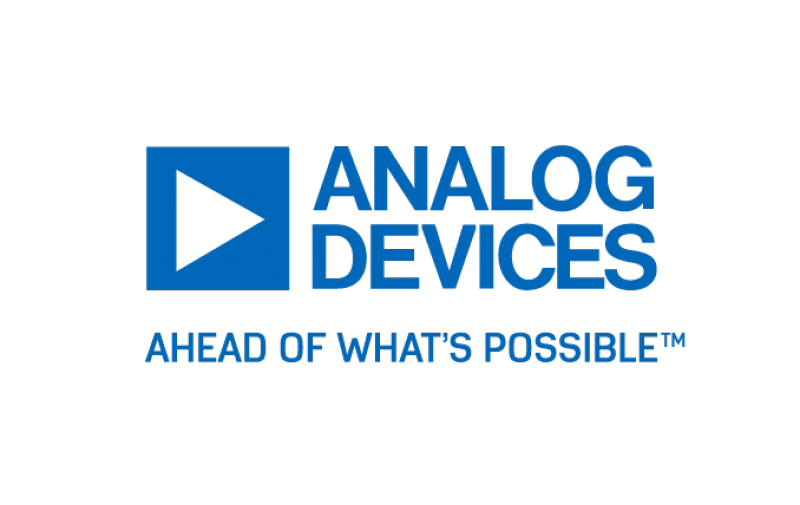 Abstract Biography |
|
| 13:10 | Panel Discussion on Pandemic Preparedness |